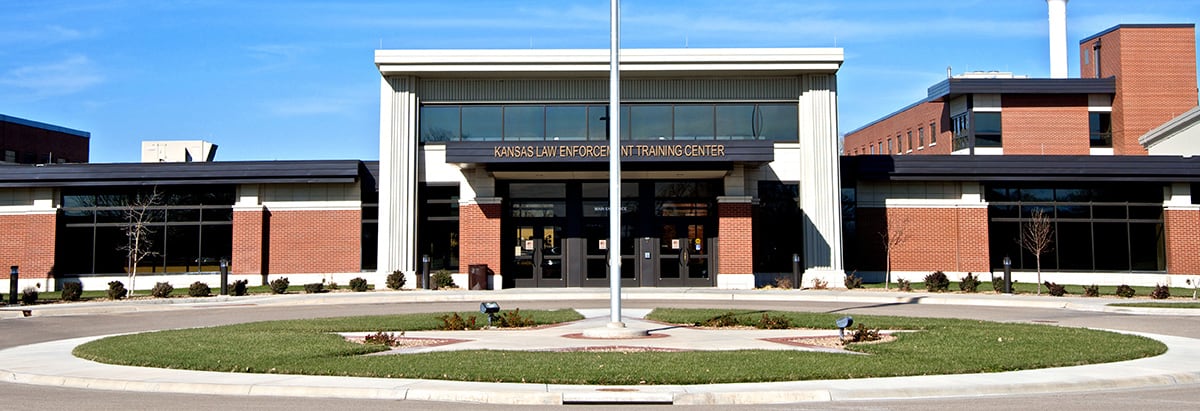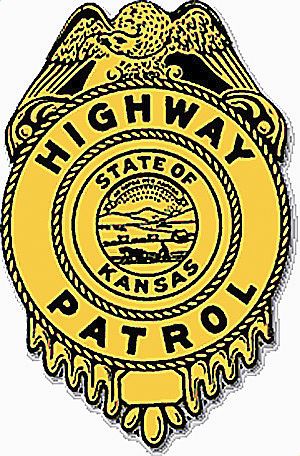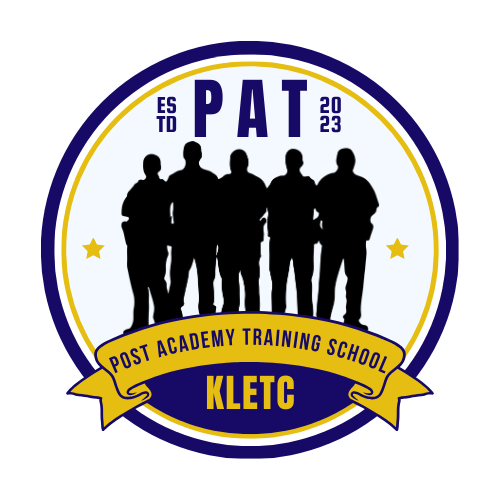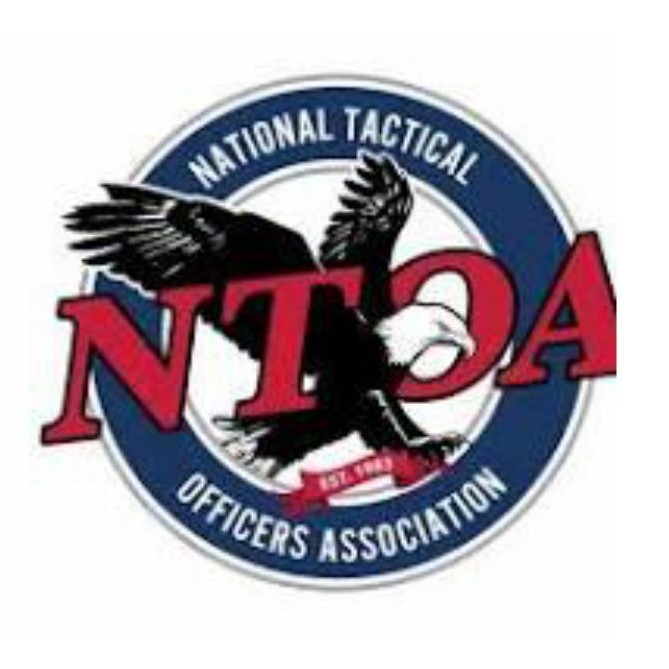
Officer Preparedness
|
|||||||
Featured Courses |
|
 Advanced Report WritingThis practical course is designed to help law enforcement officers improve their report-writing skills by focusing on clarity, accuracy, and professionalism. Participants will learn how to organize and document incidents effectively, apply proper grammar and structure, and ensure reports clearly articulate probable cause. Hands-on exercises reinforce best practices for producing thorough, credible, and legally sound police reports. |
|
 Advanced Roadside Impaired Driving EnforcementThis is an advanced training for officers who have completed Standardized Field Sobriety Testing training to give them additional skills to recognize signs and symptoms of impairment from drugs other than alcohol. |
|
 Applied Crime Scene Investigation: Tools, Techniques, and Lab IntegrationThis training is designed to expose law enforcement, crime scene, and forensic practitioners to the applications, methods, and skillsets utilized to conduct a scene investigation. Scene investigations can be simple or overly complex and may require a significant level of skill and / or specialized equipment. This course will prepare the student to recognize and interpret when and how to employ best practices to ensure accurate documentation, collection, and preservation of crime scene evidence and analytical data. |
|
 De-Escalation: Communication, Decision Making, and TacticsTo provide officers with the tools, skills, and options needed to safely and effectively manage critical incidents-particularly those involving individuals in crisis or armed with weapons other than firearms-through the integration of communication, assessment, and tactical decision-making. |
|
Courses & Events
Essential Spanish for Law Enforcement and Corrections

April 28-30, 2026, Leoti Fire House
EVOC Train the Trainer

May 4-8, 2026, Edwards Campus KLETC Regional Site
Felony and High-Risk Vehicle Stop Training for Officer Survival

Thursday, October 8, 2026, Hays KLETC Regional Site
Fentanyl Safety, Decontamination, and Identification for Law Enforcement and First Responders

Tuesday, February 24, 2026, Zoom Facilitated Sessions
Tuesday, May 19, 2026, Zoom Facilitated Sessions
Field Training Officer Management Course

June 9-10, 2026, Learning Center Classroom Bldg
Field Training Officer Program

February 23-25, 2026, Hays KLETC Regional Site
March 23-25, 2026, Edwards Campus KLETC Regional Site
May 11-13, 2026, Learning Center Classroom Bldg
Firearms Instructor School - Handgun

April 20-24, 2026, Firearms Range and Classroom Bldg
September 21-25, 2026, Firearms Range and Classroom Bldg
Firearms Instructor School - Long Gun

July 20-24, 2026, Firearms Range and Classroom Bldg
From Crisis to Care - Effective Management in Correctional Settings

February 18-20, 2026, Learning Center Classroom Bldg
Fundamental Cell Entry and Extraction

Thursday, January 8, 2026, Gardner Justice Center
Human Trafficking Investigations: From Victim Identification to Prosecution

Tuesday, February 17, 2026, Zoom Facilitated Sessions
Thursday, May 28, 2026, Zoom Facilitated Sessions
Implicit Bias - Tactical Perception

Thursday, December 18, 2025, Edwards Campus KLETC Regional Site
Thursday, December 18, 2025, Edwards Campus KLETC Regional Site
Instructor Development School

January 12-15, 2026, Edwards Campus KLETC Regional Site
Peer Support and Critical Incident Debrief Training

April 13-17, 2026, Integrity Auditorium
Practical Report Writing for the Line Officer

February 9-10, 2026, Learning Center Classroom Bldg
Post Academy Training (P.A.T. School): Community Service

This course contains no sessions
Click here to be notified about the next scheduled program.
Post Academy Training (P.A.T. School): Roadside Investigations

This course contains no sessions
Click here to be notified about the next scheduled program.
Tactical Medical for First Responders

Thursday, March 5, 2026, Learning Center Classroom Bldg
Team Coordinated Subject Control

Thursday, January 22, 2026, Johnson County Regional Police Academy Room #124
Technology in Tactical Operations

August 31, 2026 to September 1, 2026, Integrity Auditorium
Scenario-Based Tactical Medical Applications

January 28-29, 2026, Integrity Auditorium
April 28-29, 2026, Hays KLETC Regional Site
May 27-28, 2026, Learning Center Classroom Bldg
Certificate Programs
Post Academy Training School
Attention Kansas law enforcement executives, command and supervisory personnel, and field training officers!
Are you seeking an innovative and specialized professional development plan for your recent basic training graduates?
KLETC has developed a new Post Academy Training School (P.A.T.) to turn your new officer into a master practitioner. We have created a program to enhance and reinforce the core policing principles through competency-based training. This course will consist of five required (GOLD) classes and a minimum of three elective classes that will average nearly 120 training hours over three years, satisfying the 40-hour continuing education statutory mandate, K.S.A 74-5607a(b).The P.A.T. School will provide a simulated environment for the officer to work through standard police calls reflective of those Kansas law enforcement officers encounter daily.
Each GOLD class will be progressive, allowing additional time and attention to emphasize fundamental skills while holding officers accountable for their knowledge, behavior, and attitude. Creating real-world experiences that provide limited information and deliver stress will engage PAT School participants to scaffold their experiences and strengthen their critical thinking and decision-making skills. These clinical experiences will involve supervised assessments, reasoning, and responses that elevate emotional intensity, confusion, and disorganized thinking that are present during real police calls. Lastly, a three-day, cumulative "Q" (Qualification) School will provide a final opportunity to substantiate officers' competency by demonstrating their fluency in policing practice and set them on a path to accelerate professional growth.
GOLD Class #1: Maintaining the Profession
This class is based on instilling the qualities of professionalism as both a student and a law enforcement officer. Such items as maintaining professional licensure, avoiding professional sanctions, and achieving career satisfaction will be explored. Topics discussed include established codes of conduct, professional ethics, and societal expectations. The student will examine their attitudes toward public service, their duty to act, and the role of law enforcement within their community.
- KS-CPOST Investigations
- Training Requirements
- Professional Code of Ethics
- Personal Ethics
- Departmental Expectations
- Personal Motivations
- Officer Wellness and Fit for Duty
- Mental and Physical Injuries
- Career Satisfaction and Legacy
Gold Class #2: Patrol Responder
This class focuses on when the officer notices criminal activity, receives a call, or becomes aware of a need for a law enforcement response when transitioning to an investigator's role. They will develop good decision-making skills regarding tactics, scene management, and resource allocation. Issues surrounding the intervention of criminal acts, controlling scenes for safety and security, and transitioning from scene management to investigation will be discussed.
- Patrol Observation Skills
- Equipment Selection and Maintenance
- Tactical Skill Development and Maintenance
- Stress Decision Making and Performance
- Response Tactics and Route Selection
- Contain, Control, and Communicate (locking down the scene)
- Decisive Intervention (Tactical, Medical)
- Lawful Contacts, Detainments, and Arrests
- Communication Skills (Personal, Team, Department)
- Chain of Command Notification and Responsibilities
- The transition from Tactical to Investigation
Gold Class #3: Patrol Investigation
This class will examine the role of patrol in conducting criminal investigations. The student will develop skills in observing and identifying criminal behavior and determining how to initiate an investigation. Issues involving suspect and investigator interactions and documentation of evidence will be explored. Suspect and victim interviews will be vital in building the patrol investigator's skills. Students will examine when to transition an investigation to specialty-trained investigators or call on additional resources.
- Identification of Criminal Activity
- Street Interviews
- Developing Intelligence
- Patrol Surveillance
- Scene and Interview Documentation
- Protecting and Gathering Evidence
- Legal Questioning
Gold Class #4: Roadside Investigation
These circumstances may include traffic stops or day-to-day interactions with the community on our roadways and parking lots. Increased knowledge of vehicle laws, drug activity signs, or other criminal activity indications will be stressed. The student will examine safety issues related to the "roadside" environment and how best to utilize safety tactics and equipment.
- Lawful Contact and Detainments
- Recognition of Criminal Activity
- Safe Roadside Tactics
- Use of Safety Equipment
- Drug Interdiction/Impaired Driver
- Traffic Law and Enforcement
- Proactive Policing
Gold Class #5: Community Service
This class examines the role of the law enforcement department and officers in the community. Students will discuss how their culture and that of the community interact and set foundations for expectations. Issues surrounding trust and transparency will be explored, as well as how individual officers' actions can affect attitudes on all sides. Students will be encouraged to reflect on personal and professional ethics to promote community and career satisfaction.
- Department Culture
- Community Culture (sub-cultures)
- To Serve and Protect (professional and personal ethics)
- Resilience (Burnout)
- Community Outreach
- Community Problem Solving (beyond crime fighting)
- Nontraditional Police Services
- Community Resources
GOLD classes will be added to the list as they are developed.

 Cart (0)
Cart (0)

